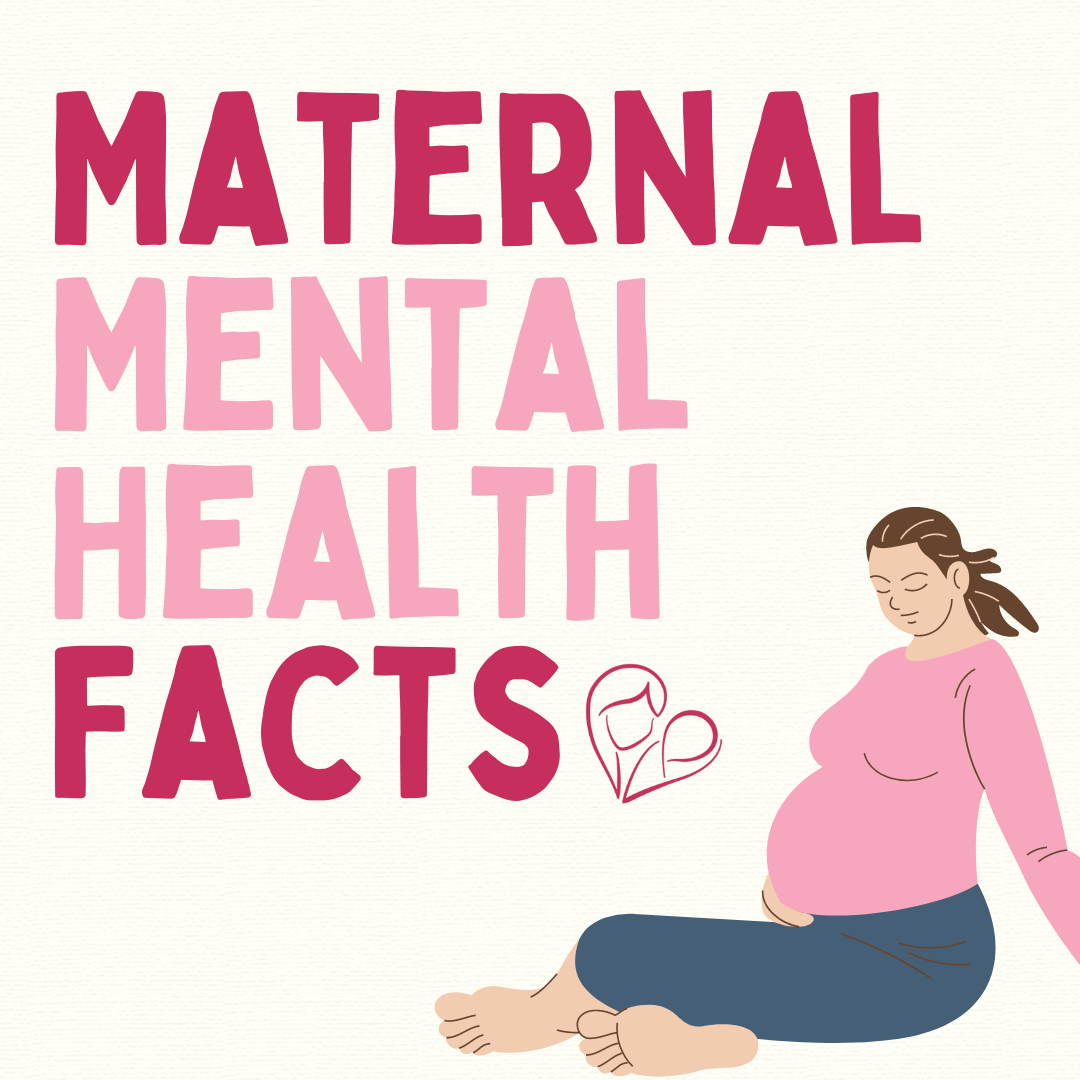Maternal mental health impacts millions of mothers around the world, yet it often remains under-discussed and under-supported. Raising awareness is crucial, as mental health is a key component of a mother’s overall well-being, which, in turn, affects the health and happiness of her child and family.
Why Maternal Mental Health Matters
Maternal mental health refers to the psychological well-being of women during pregnancy, childbirth, and the postpartum period. It encompasses a range of mental health conditions including postpartum depression, anxiety, and psychosis, which can profoundly impact a woman’s ability to function and thrive. It’s not just the mothers who are affected; the repercussions extend to the children and families as well.
Understanding and supporting maternal mental health is crucial because:
Healthy Mothers, Healthy Families: Mothers are often primary caregivers. Their mental health significantly affects their ability to provide care, bond with their children, and manage daily responsibilities.
Early Intervention Prevents Long-term Issues: Identifying and addressing mental health issues early can prevent long-term psychological and health problems for both the mother and the child.
Reduces Stigma: Open discussions and awareness help in reducing the stigma associated with mental health challenges, making it easier for mothers to seek help.
Common Challenges in Maternal Mental Health
Many mothers face mental health challenges that are often triggered or exacerbated by hormonal changes, physical recovery after birth, lack of sleep, and the overall emotional and physical demands of motherhood. Challenges include:
Postpartum Depression: Unlike the typical “baby blues” that many women experience after childbirth, postpartum depression involves severe and long-lasting emotional, physical, and behavioral changes that hinder daily functioning.
Anxiety: Many new mothers experience anxiety about their abilities to care for their newborn, their baby’s health, and their own health, which can escalate to anxiety disorders.
Postpartum Psychosis: A rare but severe mental health condition that can cause hallucinations, delusions, and paranoia shortly after childbirth.
Supporting Maternal Mental Health
Supporting maternal mental health involves a community approach, including healthcare providers, family, friends, and broader societal support. Here’s how we can help:
Professional Support: Encouraging mothers to seek help from healthcare providers who can offer psychological therapies or medications if needed.
Community Programs: Engaging in community support programs and groups that provide a safe space for mothers to share their experiences and find mutual support.
Education and Awareness: Increasing awareness through education helps mothers and their families recognize the signs of mental health issues and understand the importance of seeking help.
Maternal mental health is as important as physical health during and after pregnancy. It’s essential for everyone from healthcare professionals to family members to recognize the signs of mental health issues and provide the support needed. Let’s make maternal mental health a priority to ensure that mothers and their families can thrive.
By promoting understanding and taking active steps towards supporting maternal mental health, we can create a healthier environment for all mothers and their children. Remember, it’s okay to ask for help, and it’s crucial to offer support.
For more resources and support on maternal mental health, visit the Maternal Mental Health Now Organization. Let’s work together to support every mother’s mental health and wellbeing.

